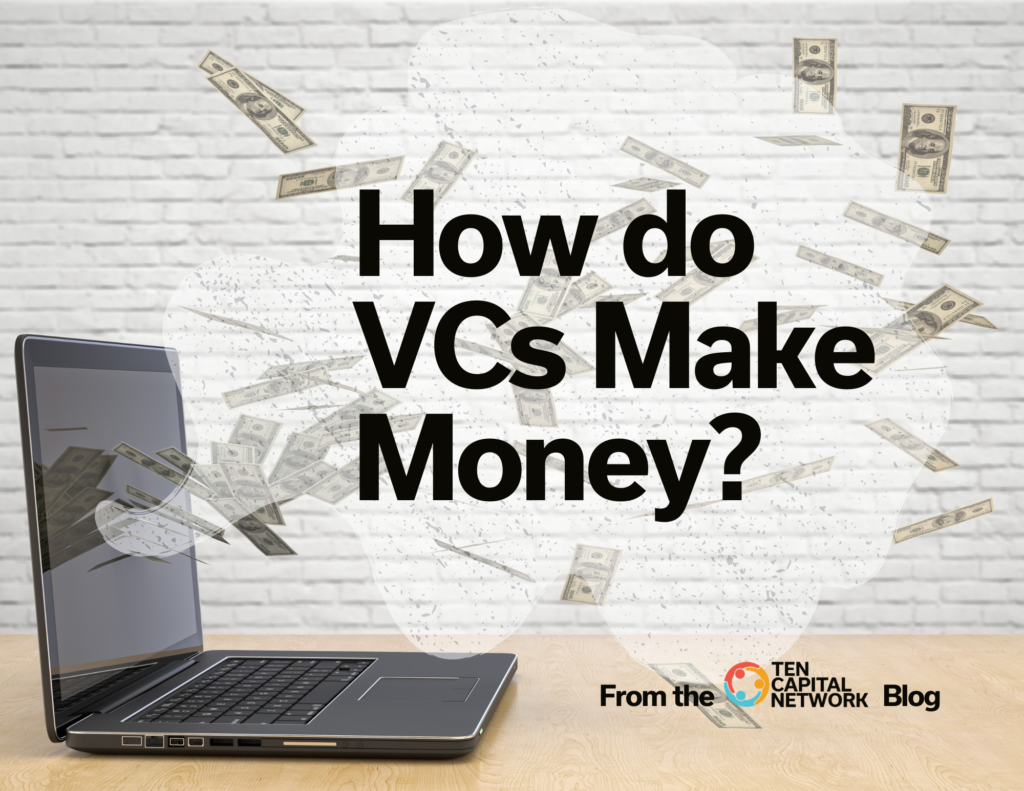2 min read Many individuals looking to enter the investor realm will consider becoming a venture capitalist. This can be a profitable endeavor, however, it does come with unique challenges and obstacles to overcome. In this article, we discuss some of the challenges of being a VC as well as how VCs raise money and venture funding.
Challenges of Being a VC
Many people want to work for a VC especially those straight out of college. Most are not aware of the challenging dynamics that come with the VC life. Here are a few:
- Raising Funding: Just like startups, the VC has to raise funds too. LPs tend to be rear-view-mirror oriented and not focused on the cutting edge of new technologies and markets.
- Working With Partners: You rarely make the decisions alone, but rather with the other partners. Ego and other agendas are often at play.
- Getting Deals Done: You have to convince others you have a winner on deck and sell it all the way through the process.
- Managing the Deal Flow: Untold numbers of startups want to talk with you and only a small fraction are meeting your funds’ criteria.
Dealing with Co-Investors: It’s rare for a fund to take the entire round. There’re usually other investors in the deal. Who gets how much of the deal and what board seats, are often an issue.
The rollercoaster ride that is the startup life- things often don’t go well at the portfolio companies and this weighs heavily on the VCs who invest in them.
How VCs Make Money
VCs charge the limited partners a management fee on the funds raised. This is traditionally 2% paid out every year for the life of the fund. Some funds stop the management fee around year six or seven as proceeds from the investments start coming in. MicroVCs often charge 2.5 or 3% of the funds raised since the number of funds is lower than standard.
The second source is called “carry” and is a percentage of any proceeds going back to the investor from the investments. This is traditionally 20%. Some funds start taking carry at the beginning of the investment returns, while other funds start this after the investor receives their initial investment.
How VCs Raise Venture Funding
VCs raise funding from limited partners which include family offices, high-net-worth individuals, foundations, pension funds, and other sources. Institutional investors, such as pension funds, require a track record. Due to this, first-time VCs tend to focus on family offices and high-net-worth individuals.
The VC develops an investment thesis which is a reason why their approach to selecting and funding deals will be successful. They build out their investment prospectus which includes the investment thesis, how it’s unique, the fees the limited partners will pay, and how the profits will be distributed. The VC then meets with limited partners to pitch the investment thesis, track record, and view of the market. Limited partners look to fund VCs who have a unique investment thesis and access to deal flow they do not.
You can read more in our TEN Capital Network eGuide: How to Raise a VC Fund

Hall T. Martin is the founder and CEO of the TEN Capital Network. TEN Capital has been connecting startups with investors for over ten years. You can connect with Hall about fundraising, business growth, and emerging technologies via LinkedIn or email: hallmartin@tencapital.group





